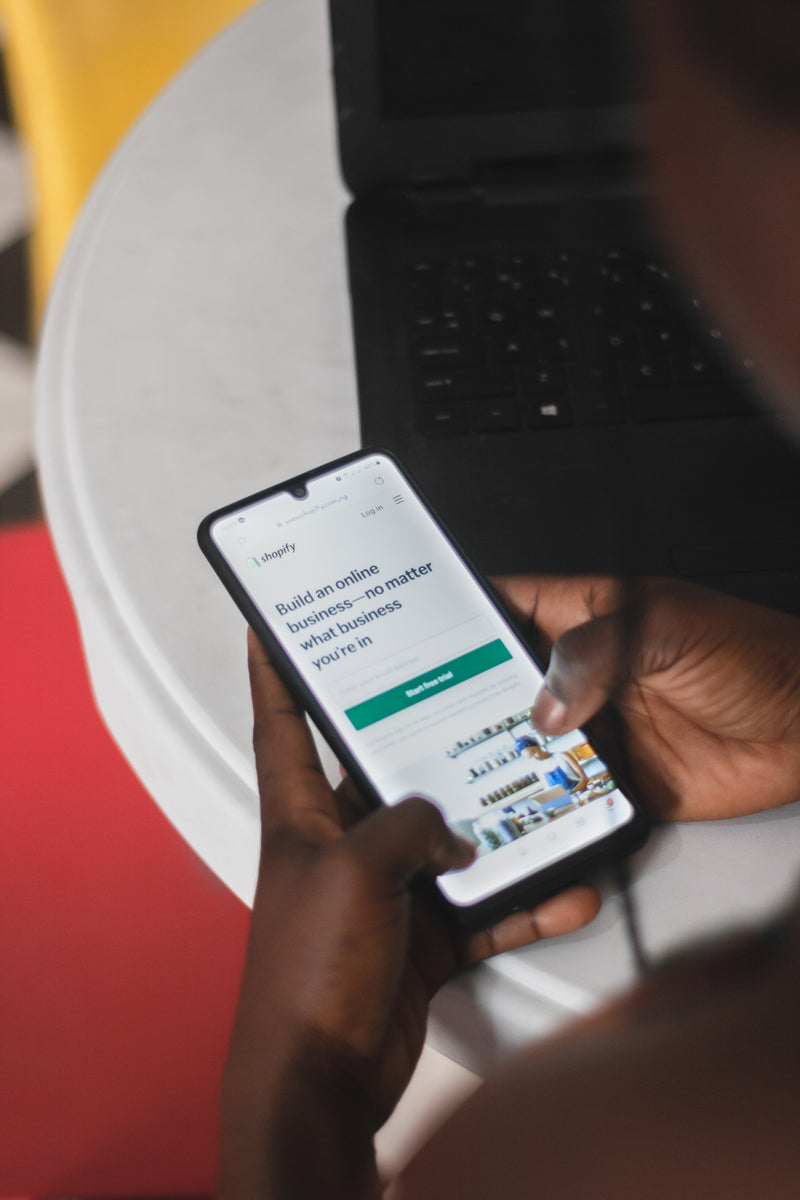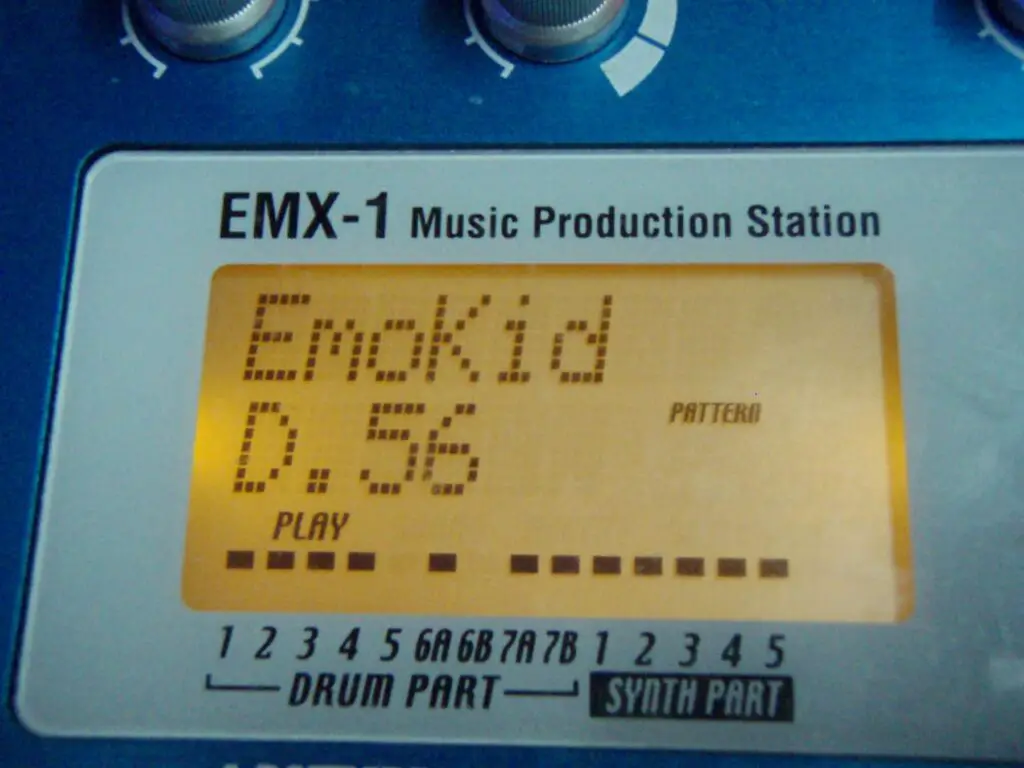Are you a music producer wondering how to earn money from music production? Look no further. In this article, we’ll guide you through the steps needed to turn your music production passion into a profitable career. From understanding royalties and licensing your music for profit to choosing the right music production software and marketing your music, we’ll provide you with essential tips and strategies to start earning money from your music production skills.
Table of Contents

Understanding Royalties for Music Producers
As a music producer, understanding royalties is critical to maximizing your earnings potential. Royalties are payments made to the owner of a copyright for the use of their work. There are several types of royalties that music producers should be aware of, including:
Mechanical Royalties
Mechanical royalties are earned when your music is reproduced or distributed. This includes when your music is streamed, downloaded, or sold physically. To maximize your mechanical royalty earnings, it’s important to distribute your music on as many platforms as possible. You can use digital distribution platforms such as DistroKid, TuneCore, or CD Baby to get your music on major streaming services like Spotify, Apple Music, Amazon Music, and more. These platforms charge a small fee or percentage of your earnings but can help you reach a wider audience and earn more mechanical royalties.
Performance Royalties
Performance royalties are earned when your music is played in public. This includes on the radio, in TV shows or movies, in live performances, and on streaming platforms like Spotify. To maximize your performance royalty earnings, you should make sure your music is being played on as many platforms as possible and register your music with a performance rights organization such as ASCAP, BMI, or SESAC. These organizations collect performance royalties on behalf of their members and distribute the earnings based on the frequency and type of performances.
Sync Licensing
Sync licensing involves licensing your music for use in TV shows, movies, commercials, and video games. This can be a great way to earn money from your music, but it’s important to find potential licensing opportunities and negotiate favorable terms. You can find potential licensing opportunities by reaching out to music supervisors, licensing agencies, and production companies. It’s also important to have a professional-sounding portfolio and to be able to negotiate favorable terms for the use of your music.
Tips for Maximizing Royalty Earnings
To maximize your royalty earnings, it’s important to have a strong distribution strategy and make sure your music is registered with all relevant performance rights organizations. You should also consider hiring a music publishing company to help you with licensing and collecting royalties. Music publishing companies such as Kobalt, Downtown Music Publishing, or BMG can help you with everything from registering your music and collecting royalties to finding potential licensing opportunities and negotiating favorable terms. Also, consider collaborating with other artists and producers to create music that will generate more royalties.

Licensing Your Music for Profit
In addition to earning royalties, licensing your music can be a great way to earn money as a music producer. There are several types of licensing agreements to be aware of:
Sync Licenses
Sync licenses involve licensing your music for use in TV shows, movies, commercials, and video games. To find potential licensing opportunities, you should research production companies, music supervisors, and advertising agencies.
When negotiating a sync license, make sure you are getting paid a fair rate and that the terms of the agreement are favorable to you. Some factors to consider include:
- The duration of the license
- The territory covered by the license
- The exclusivity of the license
- How your music will be used (background, featured, etc.)
- Whether you will receive credit for your music
Performance Licenses
Performance licenses involve licensing your music for live performances. This can include concerts, festivals, and other events. To find potential performance licensing opportunities, you should research event planners and music festivals in your area.
When negotiating a performance license, make sure you are getting paid a fair rate and that the terms of the agreement are favorable to you. Some factors to consider include:
- The duration of the license
- The number of performances covered by the license
- The exclusivity of the license
- Whether you will receive credit for your music
- Whether the license covers only live performances or also includes recordings of the performances
Music Marketing Strategies
Marketing your licensed music is essential to making a profit. Some effective music marketing strategies include:
- Building relationships with music supervisors, advertising agencies, and event planners
- Creating a professional website to showcase your music and licensing opportunities
- Using social media to promote your music and licensing opportunities
- Networking with other music producers and artists to collaborate on licensing opportunities and cross-promotion
By understanding the different types of licensing agreements, finding potential licensing opportunities, and effectively marketing your licensed music, you can turn your music production skills into a profitable business.

Building Your Brand as a Music Producer
Building your brand as a music producer is critical to success in the industry. Your brand represents your unique style, sound, and personality, and can help you stand out from the competition. Here are some tips for building your brand as a music producer:
Define Your Brand Identity
Your brand identity is what makes your music unique and sets you apart from other music producers. Consider the following when defining your brand identity:
- Style: Think about the genre or genres you specialize in, and how you approach creating music within those genres. Do you have a signature sound or use specific techniques that set you apart from others in the industry?
- Sound: Are there certain instruments or sounds that you frequently incorporate into your music? Do you have a particular style of mixing or mastering that gives your music a distinct sound?
- Personality: Your personality can also play a role in your brand identity. Consider how you present yourself online and in person, and how that can help you connect with your audience.
Create a Compelling Logo and Website
Your logo and website should reflect your brand identity and make a strong first impression on potential clients. Here are some tips for creating a compelling logo and website:
- Logo: Your logo should be simple, memorable, and easily recognizable. Consider working with a designer to create a logo that reflects your brand identity.
- Website: Your website should be easy to navigate and showcase your music and brand effectively. Make sure your website includes a bio, music samples, and contact information.
Build a Social Media Presence
Social media is a powerful tool for reaching new fans and connecting with industry professionals. Here are some tips for building a social media presence:
- Choose the right platforms: Consider which social media platforms make the most sense for your brand. For example, Instagram may be a better fit if you have a visually-oriented brand, while Twitter may be better for sharing news and updates.
- Post regularly: Consistency is key when it comes to social media. Make sure you’re posting regularly to engage with your audience and stay top-of-mind.
- Engage with your audience: Social media is a two-way conversation. Take the time to respond to comments and messages, and engage with your audience on a personal level.
Collaborate with Other Musicians and Producers
Collaboration can help you expand your reach and build relationships with other industry professionals. Here are some tips for collaborating effectively:
- Find the right collaborators: Look for musicians and producers who share your brand values and complement your skills and style.
- Establish clear goals: Before collaborating, make sure you’re aligned on your goals and expectations for the project.
- Give credit where credit is due: Make sure you’re giving proper credit to your collaborators, and consider how you can help promote their work as well.

Choosing the Right Music Production Software
Choosing the right music production software is essential to creating high-quality music and maximizing your earning potential. There are several types of music production software to choose from, including:
Digital Audio Workstations (DAWs)
DAWs are powerful software programs that allow you to record, edit, and mix music. They often come with a wide range of built-in instruments, effects, and sample libraries, making them a great all-in-one solution for music production. Some popular DAWs include:
- Ableton Live
- FL Studio
- Logic Pro
- Pro Tools
- Cubase
Virtual Instruments
Virtual instruments are software versions of traditional instruments, such as synthesizers, drums, and pianos. They can be used within a DAW or as standalone software to create unique sounds and textures. Some popular virtual instruments include:
- Native Instruments Komplete
- Spectrasonics Omnisphere
- Arturia V Collection
- UVI Falcon
Effects Plugins
Effects plugins are software programs that add effects to your music, such as reverb, delay, and distortion. They can be used within a DAW or as standalone software to add depth and texture to your music. Some popular effects plugins include:
- Waves Audio plugins
- FabFilter plugins
- Soundtoys plugins
- iZotope plugins
Features to Look for in Music Production Software
When choosing music production software, there are several features to consider, including:
- Ease of use and user interface
- Audio quality and processing power
- Compatibility with your computer and other hardware
- Flexibility in workflow and customization
- Built-in instruments, effects, and sample libraries
- Support for third-party plugins and sample libraries
Conclusion
Choosing the right music production software is key to achieving professional-quality music productions. Whether you’re a beginner or an experienced producer, there are many software options available to fit your needs and budget. Take the time to research and try out different options to find the one that works best for you.

Tips for Effective Music Marketing
Marketing your music effectively is critical to earning money as a music producer. Here are some tips for effective music marketing:
Build a Strong Online Presence
Building a strong online presence is essential for music producers nowadays. You can create various profiles on social media platforms, such as Twitter, Instagram, and Facebook, to promote your music and connect with fans. Additionally, creating a website and an email list can help you keep your fans engaged and informed. Use your brand identity to guide your marketing efforts and make sure your messaging is consistent across all platforms.
Collaborate with Other Musicians and Producers
Collaborating with other musicians and producers can help you expand your reach and gain new listeners. Consider collaborating on a project or remixing each other’s music to reach new audiences. Collaboration can also help you learn new techniques and improve your skills.
Perform Live Shows and Network with Industry Professionals
Performing live shows and networking with industry professionals can help you connect with your audience and build relationships in the music industry. Attend music festivals, conferences, and other events to meet people in the industry and promote your music. Make sure to have a professional portfolio ready, including your best tracks and a brief bio, to showcase your talent.
Offer Your Music for Free
Offering your music for free can help you reach new fans and build a following. You can offer free downloads of your music on your website or on platforms like SoundCloud or Bandcamp. Make sure to promote your free music on social media and other platforms to maximize your exposure.
Use Targeted Advertising
Using targeted advertising can help you reach your ideal audience and promote your music more effectively. Platforms like Facebook and Instagram allow you to target specific demographics and interests to reach the right people with your music. Make sure to use eye-catching graphics and clear messaging to grab your audience’s attention and convert them into fans.
By following these tips, you can improve your music marketing efforts and increase your chances of earning money as a music producer.
Conclusion
In conclusion, monetizing your music production skills can be a fulfilling and profitable endeavor. It’s important to have a solid understanding of the different ways to earn money from your music, including through royalties, licensing agreements, and effective marketing strategies. Additionally, choosing the right music production software is crucial to producing high-quality music that resonates with your audience.
Remember to invest in the right equipment and continually improve your skills through online courses and workshops. And don’t forget to network and collaborate with other artists and producers to expand your reach and gain exposure.
We hope this ultimate guide has provided you with valuable insights and strategies for earning money from your music production skills. For more content on music production software, music production tools, and music production techniques, be sure to check out our other articles.
Frequently Asked Questions
Q. Who can earn money from music production?
A. Anyone with the right skills and tools can earn money from music production.
Q. What are some ways to earn money from music production?
A. You can earn money from music production through royalties, licensing, and marketing.
Q. How can I get started earning money from music production?
A. Start by building your skills, creating high-quality music, and marketing yourself effectively.
Q. What music production software is best for earning money?
A. The best music production software for earning money depends on your needs and preferences.
Q. How much money can you earn from music production?
A. The amount of money you can earn from music production depends on your skills, marketing, and opportunities.
Q. What if I don’t have a formal music education?
A. A formal music education is not necessary to earn money from music production, but self-education is important.


